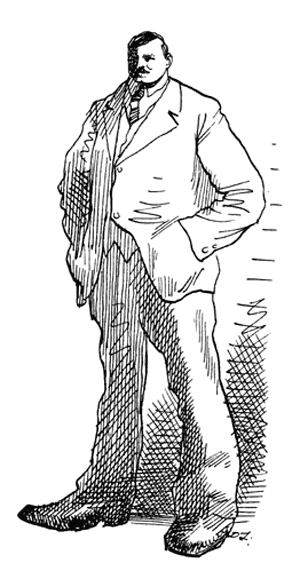In response to:
A Hemingway Surprise from the December 3, 2015 issue
To the Editors:
I strongly agree with David Bromwich [“A Hemingway Surprise,” NYR, December 3, 2015] when he claims in his superb commentary on Hemingway’s “Indian Camp” that the husband’s “helplessness to relieve [his pregnant wife’s] screams, and perhaps horror and mortification at the sight of the doctor’s work, have been too much for him.” But surely there is a more powerful and more plausible explanation for the suicidal desperation of the hapless Indian husband: the white man who cuckolded him and impregnated his wife is present in the delivery room, and that white man is the brother of the doctor performing the Caesarian on his wife. Moreover, everyone in the room except young Nick and the doctor is aware of the husband’s humiliation.
That Uncle George and not the husband is the father of the child could not be clearer. Although he possesses no medical expertise whatsoever, George jumps into a rowboat and races to the camp ahead of the doctor. By the time the doctor arrives, George is already smoking a celebratory cigar and proudly handing out others to the Indians. When the doctor says he should “have a look at the proud father” because fathers are “usually the worst sufferers in these little affairs,” the irony is crushing. The Indian father is no father at all, and his wife’s “little affair” has killed him. The Indian husband, in the doctor’s unforgettable words, “took it all pretty quietly” all right: he had slit his throat “from ear to ear.”
Wilburn Williams
Master of English on the F.J.V. Hancox Distinguished Teaching Chair
The Lawrenceville School
Lawrenceville, New Jersey
David Bromwich replies:
Wilburn Williams’s observant letter prompted me to look up some recent commentaries on “Indian Camp.” The theory about Uncle George has a good many supporters (Kenneth Bernard, Peter Hays) and a fair share of skeptics (Jeffrey Meyers, Thomas Tanselle). Uncle George comes into the story in a few particulars. He goes to the camp ahead of Nick and his father; once ashore, he smokes a cigar in the dark and gives cigars to the two Indians who rowed the boats; along with three Indians, he holds down the screaming woman, and when she bites him on the arm, he shouts a curse (“Damn squaw bitch!”); after the operation, he stands against a wall nursing his arm, and is told by Nick’s father to have a look at “the proud father”; he wanders off and Nick’s father says, “He’ll turn up all right.”
The likeliest details to adduce if you believe Uncle George was the secret father are his hurry to get to the camp and the cigars. I do not think the clues add up. Admittedly, there are people who can’t see that the story “Hills Like White Elephants” is about getting an abortion, or that “The Sea Change” is about a woman leaving a man for another woman. Hemingway imparts much of the relevant knowledge in his stories tacitly, and Wilburn Williams’s letter is a sharp reminder that the innocent reading of him is always likely to be short-sighted. It remains a question whether a given interpretation adds emotional depth or only an odd and undigested complication.




